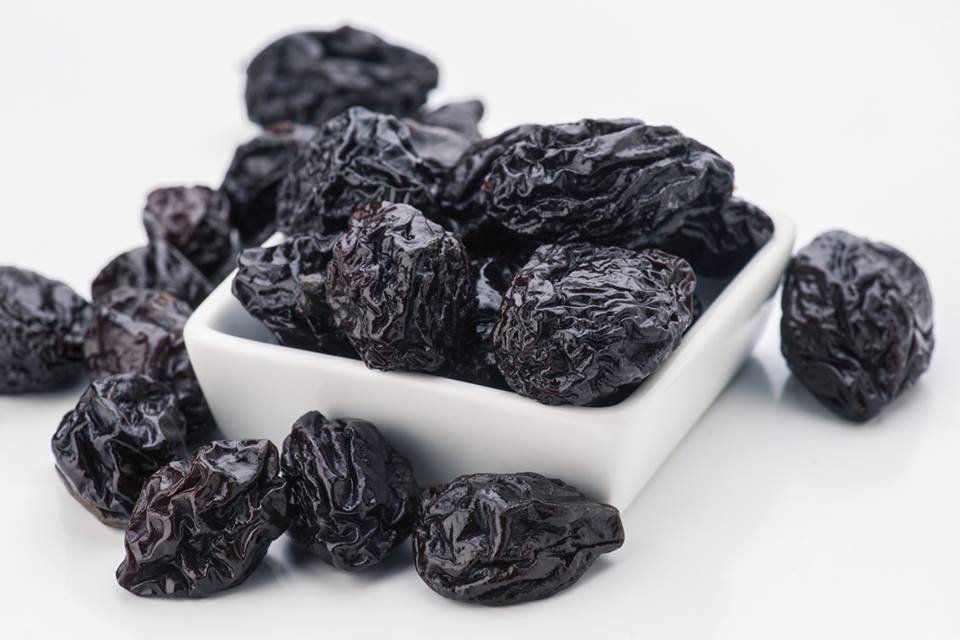Trouble pooping? Don’t worry, you are not alone. Most people at some point in their lives experience constipation. And if you think ‘a box of laxatives’ is the answer to your solution, you are only going to make your problem worse. Laxatives are like little bombs that cause bowel movements by irritating the colon. It trains the colon to rely on outside help to eject the stool artificially. All this lead to chronic constipation and a dependence on laxatives. What you eat goes a long way toward relieving or preventing this unpleasant condition. In this post, I will discuss some ‘natural laxatives’ or best foods to prevent constipation.
Prevent Constipation- YOGURT
Probiotics (the live active bacterial cultures) found in yogurt and other cultured foods are known to prevent constipation. They replenish the good bacteria in your gut and thus help with the entire health of your GI (gastrointestinal) system.
If you are looking for a yogurt to help you with your constipation, choose natural and low-fat probiotic yogurt that contains an extra dose of helpful bacteria. While purchasing, make sure to look at the label for the live bacterial cultures Bifidobacterium or Lactobacillus.
PRUNES
Grandmother’s remedy for constipation– prunes (dried plums)– is still an effective remedy today. Prunes are rich in insoluble fiber and soluble fiber that soaks up large amounts of water to add bulk to stool and pass it easily. One prune has about 1 gram of fiber.
Apart from fibre, they also contain sorbitol, a sugar alcohol that draws water from the intestine and helps produce their laxative effect on the bowels. Prunes are very good for overall health. For fibre boost, you can toss them into your yogurt, salad, or just munch on them as a midday snack.
Dried fruits like dates, figs, apricots, and raisins, are some of the great sources of dietary fiber that helps you get rid of constipation.

FLAX SEEDS
This superfood is a plant-based source of omega 3 fatty acids and is very high in dietary fiber. Flaxseed is often used for its laxative properties.
The whole seeds contain anywhere from six to 12 percent ‘mucilage’ (a slimy, gum-like compound that provides a temporarily soothing and protective coating along the digestive tract.) Thus, including flax seeds in your diet provide both bulk and softness to the stool.
Sprinkle a teaspoon of each into your smoothie, oatmeal, or yogurt, or use it as a salad topping. Make sure to grind them before adding to your meal. And don’t forget to increase your water intake at the same time to help with absorption and passing. This is because consuming more fiber without drinking enough water can only make your condition worse.
WHOLE GRAIN FOODS
Go for grains. While purchasing, always check the label. The first ingredient should say “whole” before the type of grain like “whole-wheat flour.” Whole-grains are high in dietary fiber, low in fat and contain complex carbohydrates. Replace white bread, white rice, and regular pasta with whole-grain bread, brown rice, and whole wheat pasta.
Eating a bowl of oatmeal for breakfast is a great way to start your day. It is a perfect choice not only for the bowels but also for the heart. Bran, barley, brown rice, and rye are all great sources of fiber.
FRUITS
Do you know, about half of the apple’s fiber is lost when you peel away the skin? The skin of many fruits acts as a natural laxative. Never peel and try to consume the whole fruit with the skin because it contains a fair amount of fiber.
Papaya has Vitamin C in it that helps soften the stools. It also contains a protein-digesting enzyme, papain that has been shown to ease constipation.
Pears contain plenty of dietary fiber and vitamins. Eat pears with their skin to get the maximum benefit.
Bananas contain great amounts of fiber, potassium, and vitamins. Go for ‘well ripe’ banana to relieve your constipation because, ‘unripe’ banana has a high amount of resistant starch, which can aggravate digestive issues and make constipation worse.
Berries, grapes, and kiwi are some of the other top fruit sources of fiber with a laxative effect.

VEGETABLES
Veggies like beans, broccoli, spinach etc. contain resistant starch, a fiber-like starch that helps improve transit time in the colon, and acts as a mild laxative. Peas are also high in insoluble fiber, which accounts for about 70 percent of their total fiber. Eating more fibre will keep your bowel movements regular, as it helps food pass through your digestive system more easily.
All these vegetables help balance the bacteria in your GI tract. They are also low in calories and a great source of nutrients.
ALSO READ: Best Sources Of IRON RICH FOOD
WATER
Although not a food, but water plays an important role in keeping your stool soft and easy to pass. Since constipation is related to dehydration in the colon, make sure to drink plenty of water. In case of dehydration, your stool will be harder and more difficult to pass.
The colon’s main job is to reabsorb water. When you keep your body properly hydrated, less water will be withdrawn from the colon and soft stool will pass out easily.
If you think ‘only’ high-fiber diet is sufficient to prevent constipation, you are mistaken! Without an adequate intake of water, even high-fiber diet fails to stimulate the bowels and improve waste elimination. Insufficient water intake will only precipitate constipation. Minimum 8 glasses of water a day is recommended. But if you are taking high fibrous foods, your body may require even more water.
LEMON
As already discussed, water is a natural lubricant that softens stool and promotes evacuation of the bowels. All you have to do is just take a glass of lukewarm water and add the juice of half a ‘lemon’.
Lemon juice is well-known as a digestive aid and as a way to jumpstart digestive enzyme because of its high acid content. Drinking lemon juice first thing in the morning is the sure shot way to loosen and flush out the toxins that fill your digestive tract.
Lemon hydrates the colon, stimulates bile production and cleanses the intestine. It helps in a quick and smooth passage of the stools, thereby relieving constipation.
